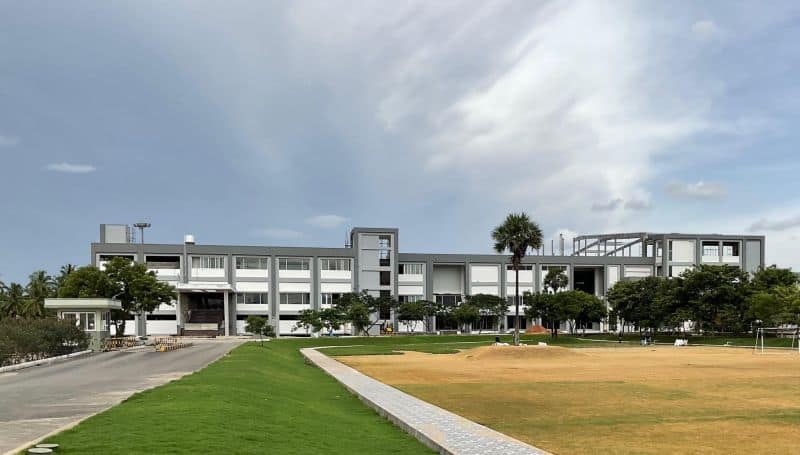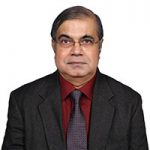Leading the innovation in dairy & value-added dairy products, MilkyMist is now becoming a household name.
In an exclusive interview with Packaging 360, Dr.K.Rathnam, CEO Milky Mist shares his insights &vision for dairy industry & the role packaging would play in enhancing the value of dairy products.
Packaging360: In the Dairy sector, in the next 10 years, how do you foresee development of packaging materials & filling lines evolving to cope with increasing demand for Value added dairy products?
Dr. Rathnam: Packing has evolved from usage of glass in 1884 to the present form which comprises 75% plastic. The fast pace of life and changing food preferences justify the consumer’s want for packaged food. Not only the range of dairy products has grown over time, but their shelf-life is also increased. Reason – lots of development have been done in dairy packaging to preserve dairy products from internal and external conditions.
The shelf-life of dairy products depends on certain intrinsic and extrinsic factors.
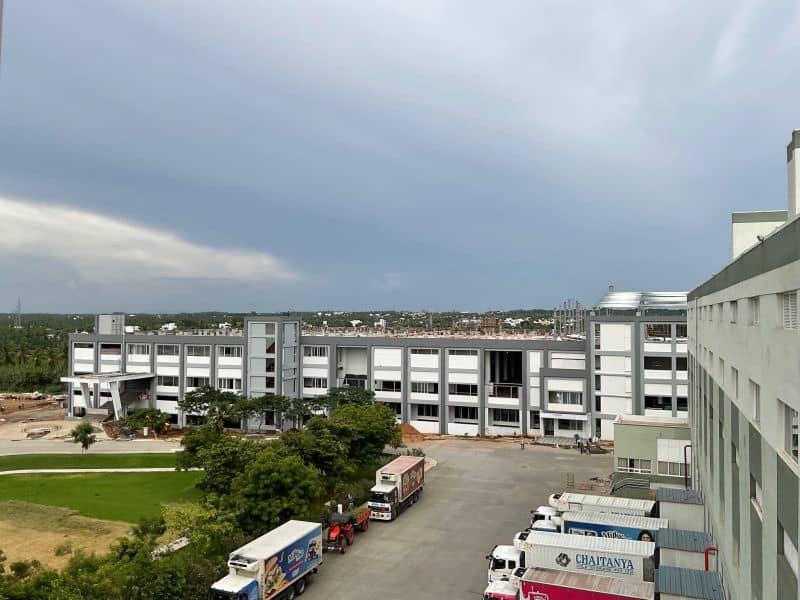
In India, Value Added Dairy Products segment is growing steadily @ 15% to 25% depending upon the category. Unlike packaging milk in pouches, value added products like cheese, yogurt, etc, require high quality and highly reliable automatic packing machines in order to meet the demand. Since this segment is growing faster, it is also expected that dairy and food sector would take note of the demand from the market and equip themselves to cater to the demand. Consumer preference and expectation post-pandemic has certainly shifted from loose, unbranded products to branded, packaged products which ensure safety and hygiene. This kind of shift has been dramatic and is getting accelerated to the next level. Therefore, there will be certainly a need for continuous development of packing material in order to meet the demand.
I envision extensive use of eco-friendly packaging materials in the next 10 years or so Eco-friendly plastic packaging is, therefore, a suitable choice for manufacturers who don’t want to compromise with the product’s shelf-life. The eco-friendly plastics are of the following three types-
- Bioplastics: These are made from sustainable materials like cornstarch.
- Biodegradable plastics: They contain additives that decay plastics under exposure to sunlight and air.
- Recycled plastics: These are packaging made from used and recycled plastics.
Packaging360: Do you envisage rigid bottle formats (HDPE or PET) replacing flexible pouches?? Also it would be great to hear from you if there are any other interesting technologies in packaging machinery & automation which will see fast track adoption?
Dr.Rathnam: It is very difficult to predict consumer preference in a holistic manner. Having said that, HDPE or PET usage will go up due to their inherent advantages and in light of growing awareness amongst the general public towards quality and hygiene.
Recently, we are witnessing huge investments by OEMs in technology relating to packaging machinery and automation. I do hope that the same will result in innovation in the said areas which can be taken up for fast track adoption by top ranked companies in Dairy sector like ours. Vacuum packing in rigid plastic is a promising technology since it offers great protection to the product.
As far as flexible pouches in India is concerned, it has a long way to go but now consumers’ preference is moving towards brick pack and branded products due to the convenience it offers. There has been good growth in terms of using pet bottles in F & B segment due to their inherent advantages of long shelf life, ambient storage and ease of transportation over long distance. I envisage reduction in usage of flexible pouches to a level of 25% to 30% over the next 5 to 7 years’ period.
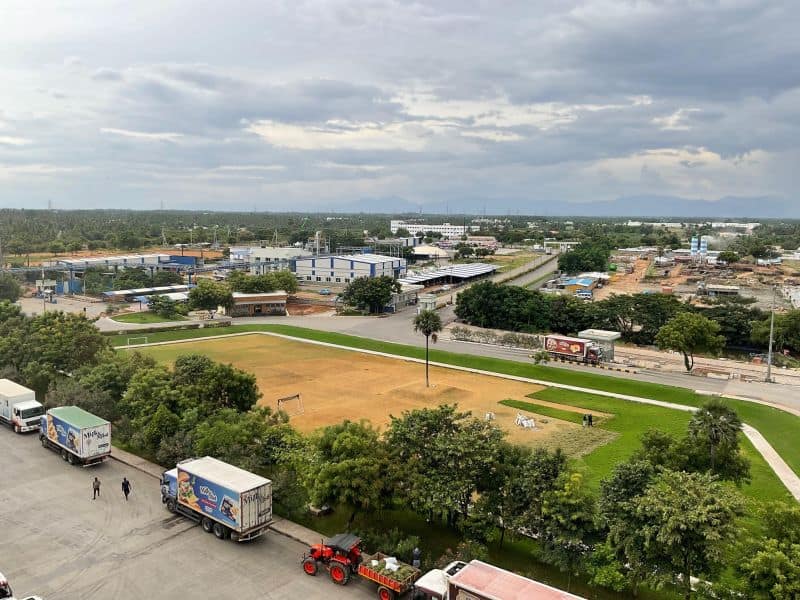
Packaging360: For the next ten years, Could you elaborate on the vision &thought process within your organization? This is with reference to high-speed filling lines, Automation, etc.
Dr.Rathnam: We, at Milky Mist, have always tried to be ahead of the curve. We are the pioneer in deploying state of the art manufacturing line for Paneer which is fully automatic. Our vision is to lead from the front and embrace the best of manufacturing/ automation process.
Currently, we have installed state of the art machinery and equipment’s from the world’s leading OEMs in our Mega Plant. Looking into the future, we have initiated a technological tie-up with leading OEMs in Germany, Italy, Spain, Australia etc., with a view to seamlessly implement the latest process and packing technologies.
Packaging360: Can you elaborate on how quality control protocols will evolve in the next ten years to ensure consistency of supply for various value -added products ?
Dr.Rathnam: Quality is and will always be the common denominator for all successful manufacturing companies including those in dairy sector. Milky Mist always gives topmost priority to quality, hygiene and freshness of its products. Consumers’ preference towards quality products has been increasing since last couple of years. FSSAI is also implementing lot of mandatory, stringent regulations in respect of standards to be followed in the dairy sector. However, its implementing agency viz., manufacturing sector is more tuned towards producing better quality products which will not only meet the desired quality standards but also improve their quality standards internally. Whoever is giving safe, hygienic and quality products that meet the preference of consumers will certainly succeed in business going forward. Hence, quality becomes the single most important factor for sustainability and growth of any brand in India.
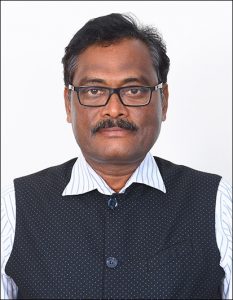 About Dr.K Rathnam
About Dr.K Rathnam
Dr K. Rathnam is an expert in the Food and Dairy industry well-known in India and several Asian, European countries. He has worked closely with FAO, UNICEF and Indian government agencies on various health and nutrition programs. In addition to his dedicated efforts towards ensuring high-quality food and dairy production practices, nutritional security and food safety, he is also passionate about working towards producers’ economic self-reliance.
A proactive, focused, critical thinker who takes on a result-oriented approach, he is a dynamic and passionate team player with a strong sense of initiative. Over 30 years of his professional experience, he has pursued various domains like teaching, research & development, technology development, and management.
Dr K. Rathnam was actively involved in the implementation of multi-million dollar medium to large scale food and dairy projects, taking on different roles such as strategist, planner, project manager and coordinator. As Managing Director of India’s largest Cooperative Dairy Amul, he had handled business operations and manufacturing activities of 17 profit centres and 14 service oriented centres, established marketing infrastructure for food, feed and feed supplements across India as well as promoted nutrition intervention programs. He has established his skills in management within the complex structure of a co-operative, working closely with elected members and executives with proven interpersonal and management skills.
During his stewardship Managing Director, he was able to successfully double the sales turnover within a span of 4 years, double the income of farmers as well as expand operations in various domestic and international locations. From his experience of working with the government, private and cooperative sectors, he has built a huge network of contacts which includes industry experts, policymakers, academic and media professionals within India.
He has been associated with Milky Mist Dairy Food Pvt. Ltd., in the capacity of Chief Executive Officer since August, 2019.
Dr. R. Rangaprasad, is currently Business Head, Packaging 360, a Mumbai based knowledge service provider vertical under Catalyzing New Technology (CNT) Expositions & Services LLP. Packaging 360 is a comprehensive knowledge sharing ecosystem for the Indian packaging industry (www.packaging360.in).
Dr. R. Rangaprasad is a chemical technologist by training having earned his Ph.D. (Tech) degree from UDCT (now ICT) in 1992.

